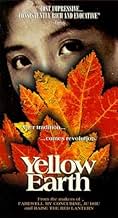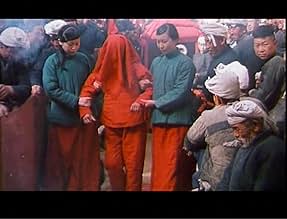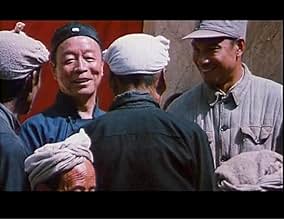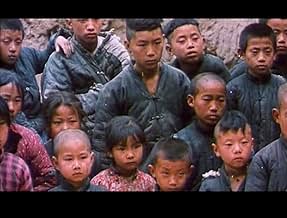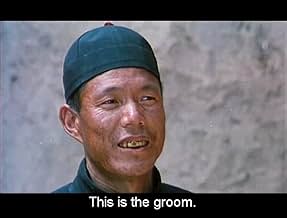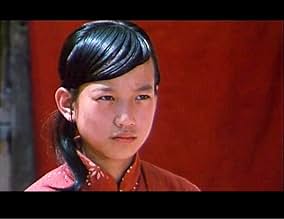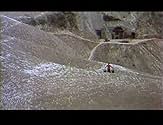My first viewing of this film was in a freshman seminar here at the University of Michigan aptly called "Chinese Cinema." Immediately after the viewing, my professor left the room and the majority of the class let out a syncronized moan. "I believe that was the worst film we've seen this far," he said. Never could he have been more wrong.
After viewing the film again and taking extensive notes for a paper on the film's earth/ sky imagery, I can say in objectivity that Yellow Earth is a landmark of not only Chinese, but Worldwide cinema. To those who would pay close attention, the film is a piece of art that is inexhaustible in its symbolism and technique. The film's cinematographer, the now very famous director Zhang Yimou, gives each frame its proper condition to the story. Every shot is composed with detail and beauty. The story is inextricably steeped in allegory, each character placed remarkably in relation to the others and to the landscape around them. This composition and the wonderful editing make this film a great cinematic achievement.
The key to the movie's wonder, however, is its ambiguities and its ambivalences. All the editing patterns, the quick cuts and the long stretches, and the masterful composition are strands that are woven as the viewer wills them to be. The ways to interpret everything this movies gives us are endless. Speculation on the film is a task never ending. If you can understand this and cherish the wonder that this film creates through its ambivalence, Yellow Earth is a pleasure with few peers. I recommend that every person interested in Chinese Cinema and classics of all foreign cinema watch this at least once.

